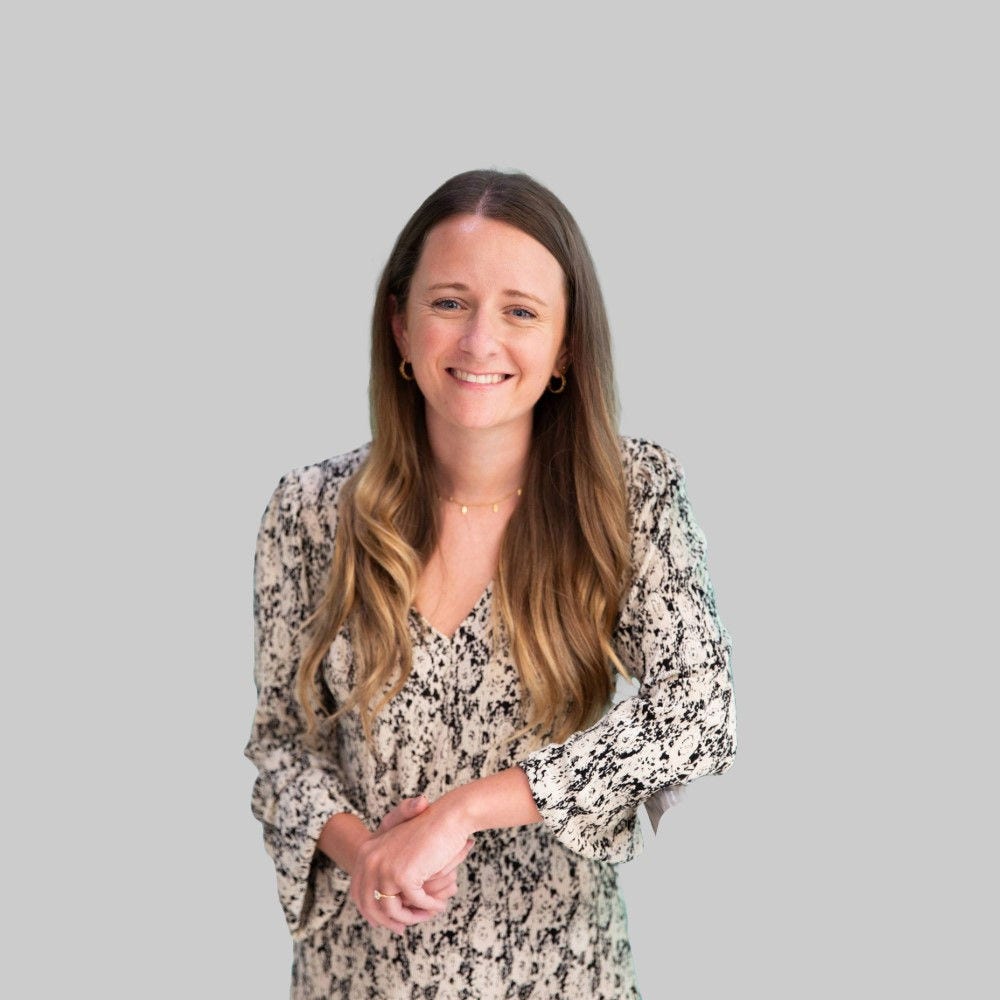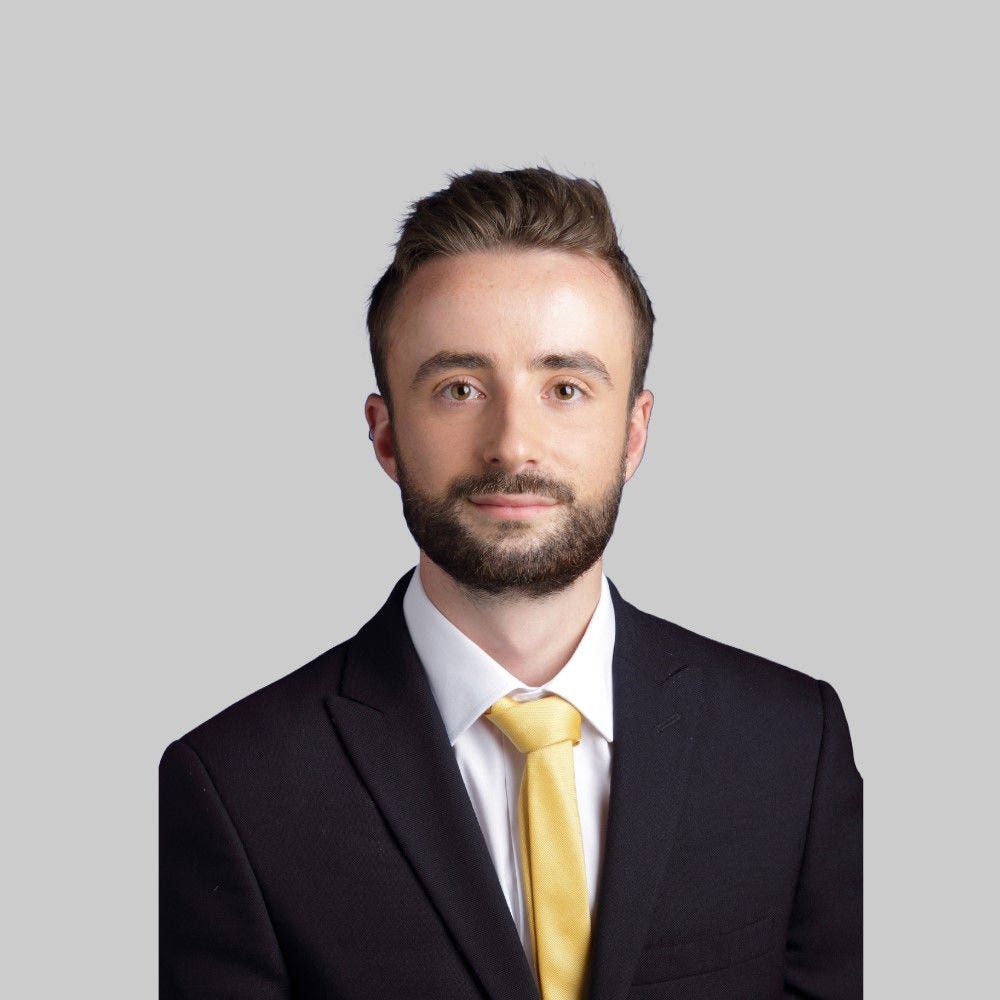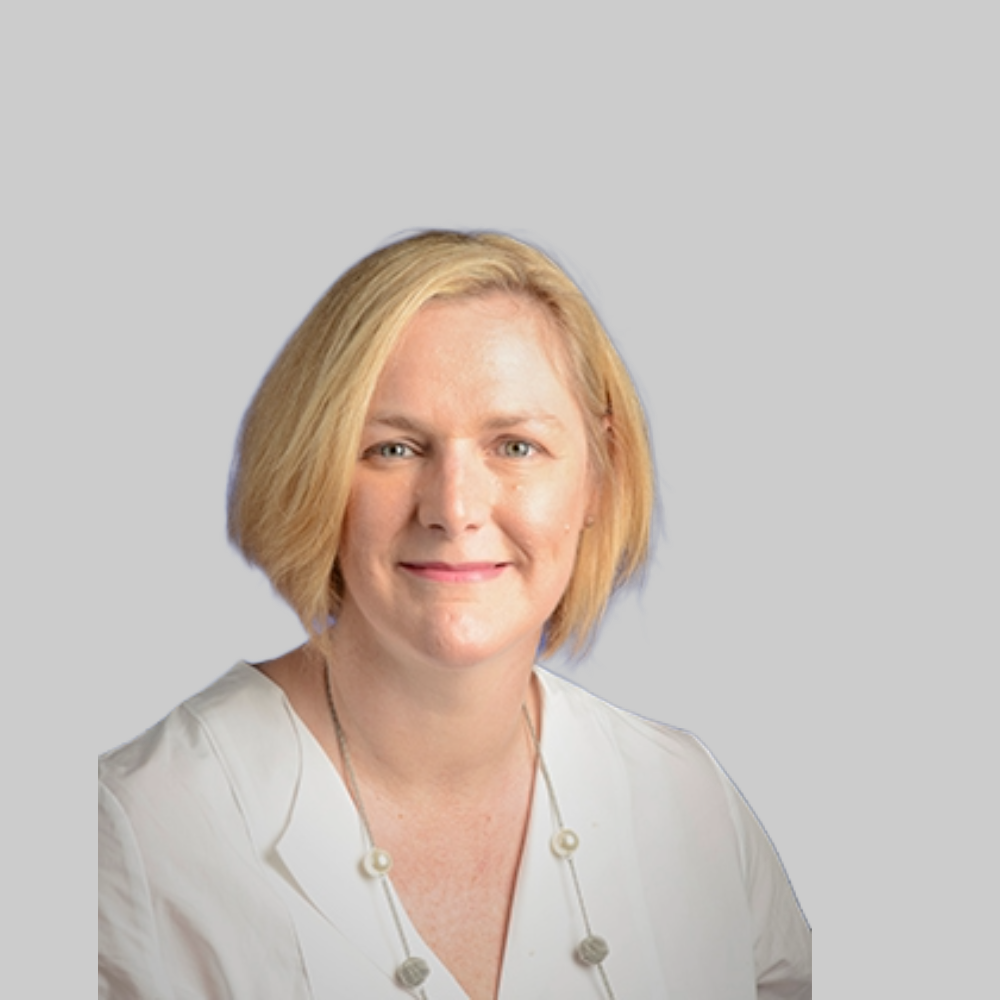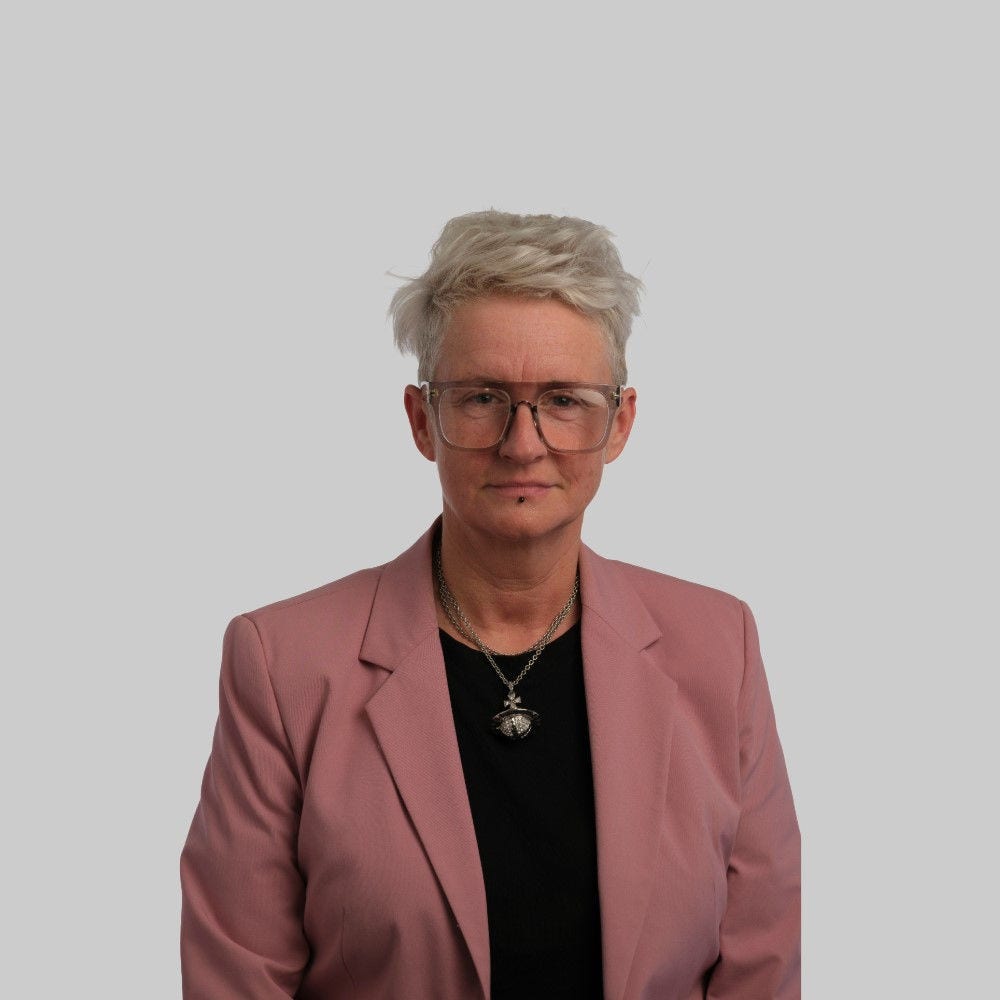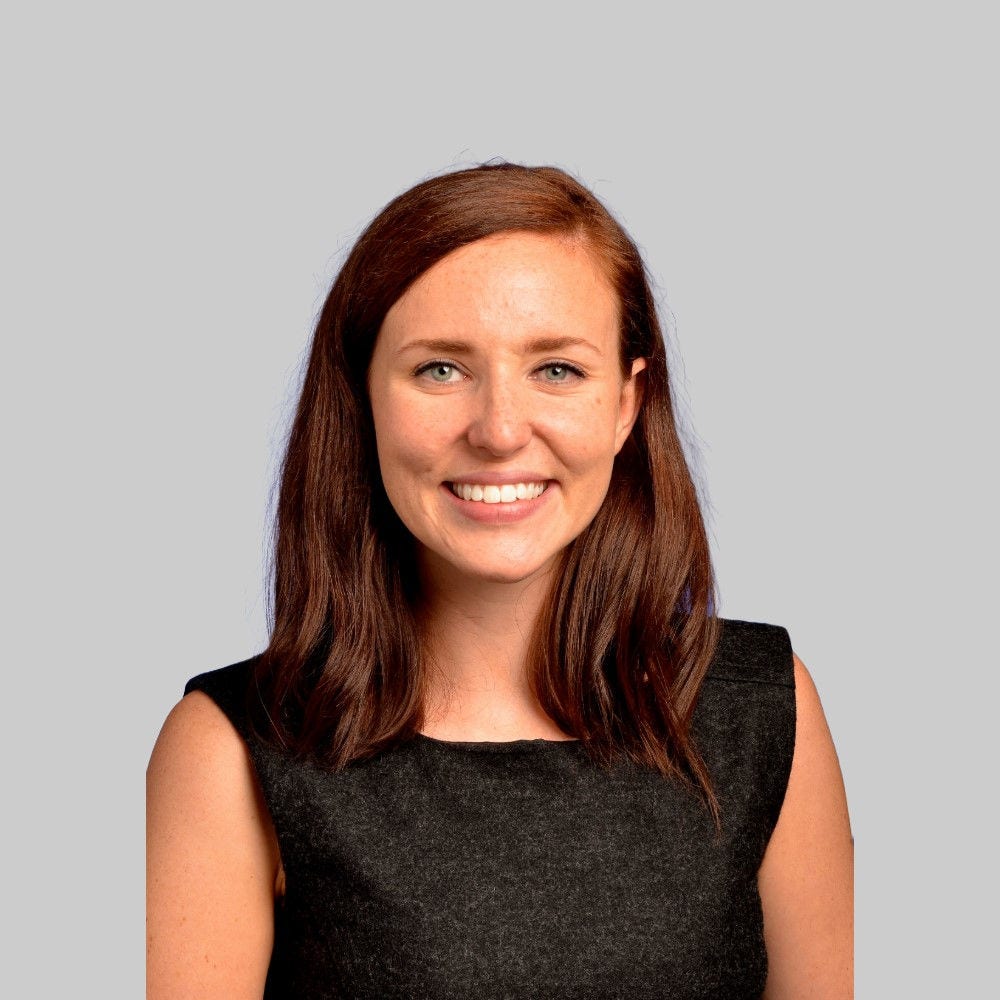In 2022, Tesco embarked on a three-year journey with KPMG to place customers at the centre of every business decision, from operations to service and cost management. This initiative involved connecting with 80 million shoppers weekly and equipping executives and frontline colleagues with insights for better customer decision-making. The project supported 4,000 stores, more than 330,000 employees, across 8 countries, covering Tesco's Stores, Mobile, Bank, and Online divisions.
Tesco and KPMG implemented new customer insights technology and colleague apps at scale, integrating them into business processes and operations. A change management program engaged 20,000 colleagues, fostering a culture of action tracking, accountability, and continuous improvement. Leadership sessions combined Tesco data with global best practices from KPMG's Customer Experience Excellence Centre.
The impact of the project was substantial. Tesco's "Customer Recommend" score increased significantly as did their Group Net Promoter Score (NPS). Tesco Mobile achieved "best operator in the world" status, outperforming peers in 39 countries. Tesco grew to 28% market share.
The document also highlights the performance challenge faced by Tesco during COVID and the post-pandemic recovery. To sustain performance and grow rapidly, Tesco aimed to lead in customer excellence by creating meaningful connections with customers. The project involved rigorous discipline, real-time customer insights, accountability, and continuous improvement. KPMG assisted Tesco in establishing clear goals for customer experience linked to Tesco's Long-Term Plan financial metrics.
The approach included designing a decision-making framework grounded in emotional connection, customer experience, helpfulness, and colleague behaviour. New customer insight technology was developed, capable of equipping colleagues with tools to drive performance at unprecedented scale. Change management involved extensive engagement with the executive team, functional leaders, store managers, and customer leads. The program launched successfully, with KPMG providing round-the-clock hyper care.
This submission emphasises the collaborative relationship between KPMG and Tesco, grounded in deep familiarity with the group. Extensive knowledge transfer and coaching on best practices in insight setup and application were provided. Feedback scores for KPMG's support were perfect across all measures.
In summary, the project exceeded its performance goals by transforming decision-making across Tesco, achieving technical innovations in the VoC program, and delivering a complex project on time and to budget. The work brought Tesco closer to becoming Britain's Most Helpful Shopping Trip.




